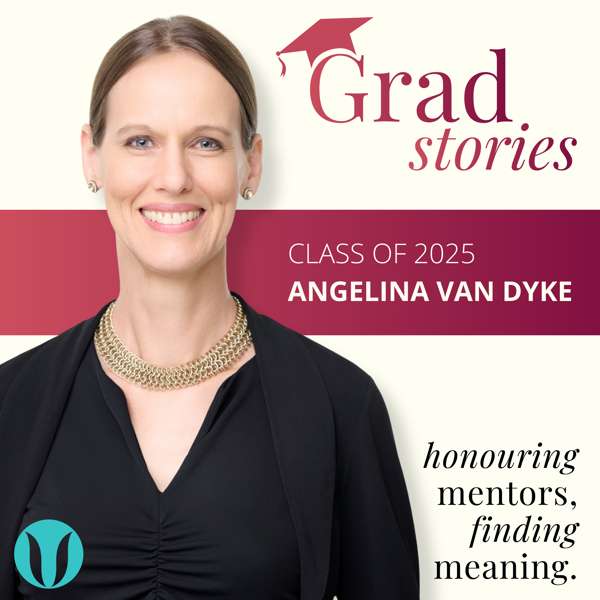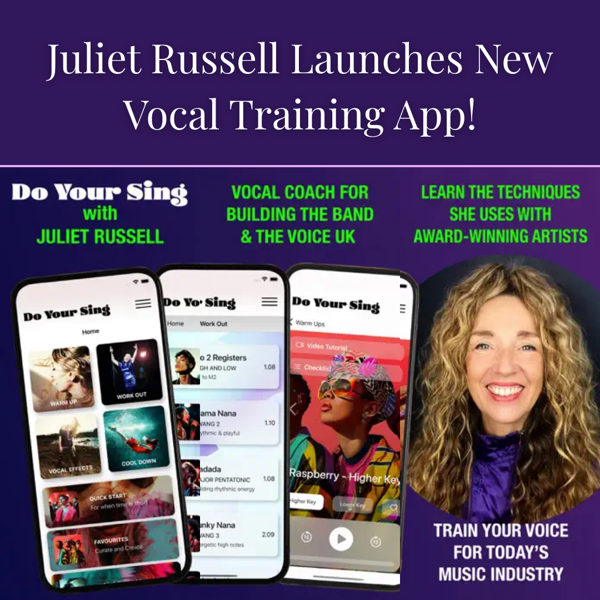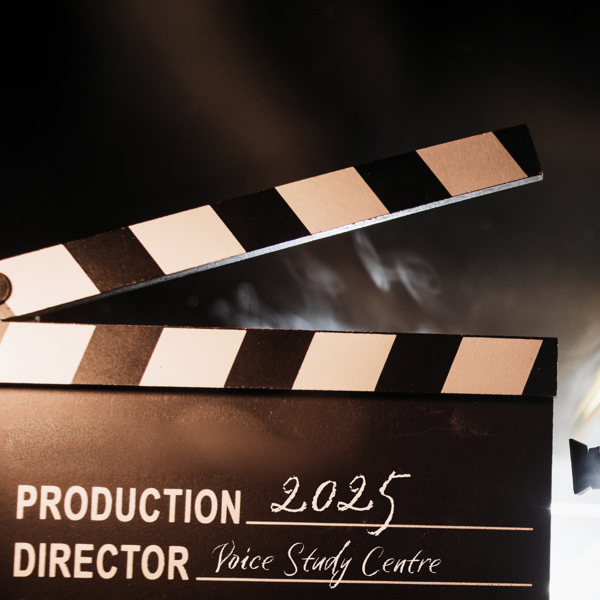Have you ever considered the power of a question? Has it ever struck you that the act of imposing a question on your listener is, in some way, an interactional burden?
Coaching relies on questions as a core interaction – even, an intervention. Coaching manuals and advice frequently recommend including questions as a key element of the process. We often coach our clients to ask questions as a means of furthering their development and achieving their goals.
Questions can be a helpful tool for reflection, which may be an inherent or desirable aspect of the coaching or learning process. It may be that questions focus our attention, activating the reticular activating system (RAS) – the part of our brain that (among other things) filters out irrelevant information, homing in on the relevant. Questions can refine focus. In their design, inherently they filter topics and data for what’s pertinent to any given moment.
We use questions all the time. They are a powerful tool by which we can control interaction and they feature as a central component of everyday and business life. Yet, even while we use them all the time, there exist inherent and multiple misunderstandings about how we ‘do’ questions and what they achieve: the truth is, we all talk but we don’t really know how.
We often come to an understanding of questions through the written word. Generally, we are explicitly taught how to read and write, taught to understand what is meant by these media and their systems and how to use them. The learning of talk is, generally, less direct, less considered.
There exist distinct differences between written instructions, a pedagogical handbook, for example, and their delivery in practice: differences we might usefully pause to consider.
On paper, we indicate that something is a question through use of a grammatical marker, a symbol to suggest state. We use a question mark, don’t we? We perhaps, on reading it, hear that symbol in our minds as a direction to upwardly inflect, right? Those markers on the page, guide the reader toward an understanding of tone, and tone is a significant part of meaning. These markers – used precisely, deliberately – are helpful guides to readers’ comprehension of intent.
However, talk doesn’t work the same way. This difference between how we are taught to ‘hear’ the written word and what we do when we speak it, contributes to multiple misunderstandings about the way real-world talk is done. The notion that questions are spoken with upward inflection is not necessarily true. Upward inflection may more usually be indicative of hesitancy, apology, uncertainty rather than enquiry. Similarly, it’s most frequently assumed that asking a closed question will precipitate a singular response, in the form of ‘yes’ or ‘no’, yes? In fact, no. The reality is that talk and interaction don’t work that way.
Reconsidering our assumptions about how questions theoretically work can pay dividends when designing our session content. In the light of evidence about how we actually do and respond to questions, we can more carefully consider what might be appropriate and what might work – that is, be effective – in a given context.
Questions pressure recipients for a response, they impose presuppositions. Simply noting that, as the question-asker, we have control of the conversation can help us develop increasing awareness as teachers and coaches of our power in any exchange and how best to wield it.
References
Arguinchona, J. & Tadi, P., 2022. Neuroanatomy, Reticular Activating System. s.l.:StatPearls Publishing.
Bassot, B., 2015. The Reflective Practice. London: Routledge.
Coaching, C. f. E., n.d. The 6 Most Important Questions To Ask in a Session. [Online]
Available at: https://centerforexecutivecoaching.com/the-6-most-important-questions-to-ask-in-a-coaching-session/
[Accessed 2 March 2023].
Hagel III, J., 2021. Good Leadership is about Asking Questions. [Online]
Available at: https://hbr.org/2021/01/good-leadership-is-about-asking-good-questions#:~:text=Good%20Leadership%20Is%20About%20Asking%20Good%20Questions%201,invite%20collaboration.%20...%203%20Change%20Your%20Culture%20
[Accessed 10 March 2023].
Hayano, K., 2012. Question Design in Conversation. In: The Handbook of Conversation Analysis. London: Blackwell.
Lee, S.-H., 2013. Response Design in Conversation. In: J. Sidnell & T. Stivers, eds. The Handbook of Conversation Analysis. Oxford: Blackwell, pp. 415-432.
Palmer, S., 2008. The PRACTICE model of coaching: towards a solution-focused approach. [Online]
Available at: https://cdn.ymaws.com/associationforcoaching.site-ym.com/resource/resmgr/Articles_&_Handy_Guides/Coaches/Articles/The_PRACTICE_model_of_coachi.pdf
[Accessed 2 March 2023].
Psychology, P., n.d. 73 Powerful Coaching Questions to Ask your Clients. [Online]
Available at: 73 Powerful Coaching Questions to Ask your Clients (positivepsychology.com)
Sacks, H., 1995. Lectures on conversation. Oxford: Blackwell.
Sikveland, R. O., Solem, M. S. & Skovholt, K., 2021. How teachers use prosody to guide students towards an adequate answer. Linguistics and Education, Volume 61.
Stokoe, E., 2015. Science of talk reveals how pauses and single words can change a conversation [Interview] (21 August 2015).
Stokoe, E., 2018. Elizabeth Stokoe: ‘We all talk, but we don’t really know how’: The conversation analyst on how to calm someone threatening suicide, how comedy works and Donald Trump’s take on reality [Interview] (17 November 2018).
Torpey, S., n.d. Top 5 Tips for Becoming a Business Coac. [Online]
Available at: https://cdn.ymaws.com/associationforcoaching.site-ym.com/resource/resmgr/Articles_&_Handy_Guides/Coaches/Handy_Guides/Top_5_tips_for_becoming_a_bu.pdf
[Accessed 2 March 2023].




